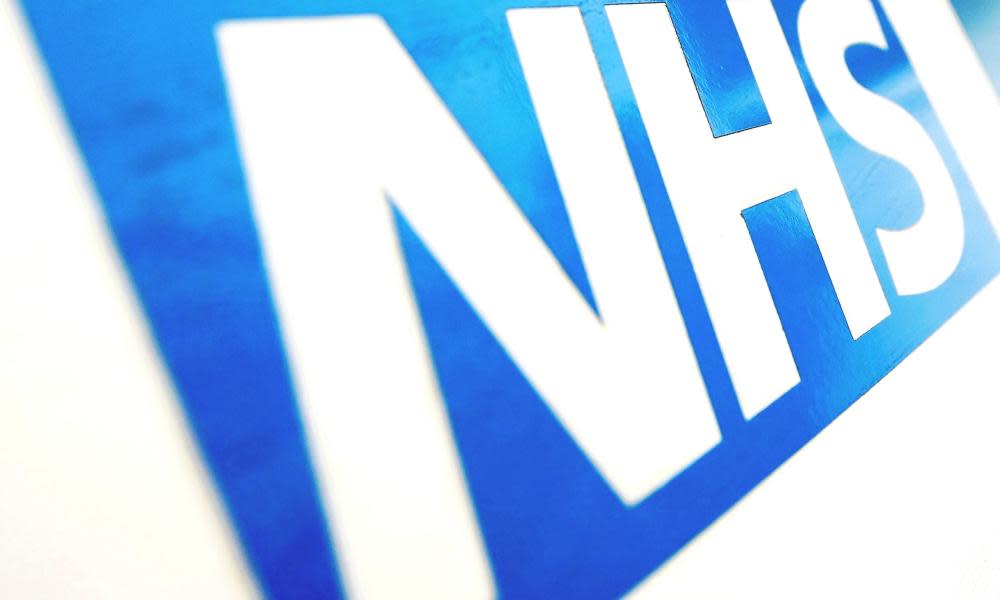UK woman wins claim for NHS to pay US surrogacy costs

A woman who wants to have surrogate children through commercial agreements in California has won her claim that the NHS should pay for the treatment.
The woman, identified only as XX, cannot bear her own children following earlier medical mistreatment.
Whittington hospital NHS trust in north London has admitted negligently failing to detect signs of cervical cancer for more than four years. That oversight led to the woman developing highly invasive malignancy, which required chemo-radiotherapy treatment and left her infertile at the age of 29.
She was awarded £580,000 in damages but further payments to cover the costs of surrogacies in California were refused because such commercial arrangements are illegal in the UK.
XX, now in her mid-30s, has said one of her “central ambitions in life” is to have a family and that, despite the “profound, distressing and life-altering injuries” caused by her treatment, her loss of fertility is her “major concern”.
Her lawyers argued during the hearing that she should be granted the costs of surrogacy in California, where the practice is legal and binding, saying that “in 2019, the civil courts should no longer have any role in censuring a woman’s reproductive choice”.
In Wednesday’s judgment, delivered via video-link, a majority of three to two the supreme court found in favour of XX.
Lady Hale, the former president of the supreme court who gave the majority decision, said: “The courts have bent over backwards to recognise the relationships created by surrogacy, including foreign commercial surrogacy. The government now supports surrogacy as a valid way of creating family relationships, although there are no plans to allow commercial surrogacy agencies to operate here.
“It is no longer contrary to public policy to award damages for the costs of a foreign commercial surrogacy. However, that does not mean that such damages, still less damages such as are claimed in this case, will always be awarded. There are some important limiting factors.
“ … The proposed programme of treatments must be reasonable. There may be good reasons to think that, but for the negligence, the claimant would have had the number of children now proposed, but there may not.”
“Second, it must be reasonable for the claimant to seek the foreign commercial arrangements proposed rather than to make arrangements within the UK. This is unlikely to be reasonable unless the foreign country has a well-established system in which the interests of all involved, the surrogate, the commissioning parents and any resulting child, are properly safeguarded.”
But delivering the dissenting judgment, Lord Carnwath said: “The fact that the laws of other jurisdictions and other systems may reflect different policy choices seems to me beside the point. It would in my view be contrary to [the] principle [of consistency between civil and criminal law] for the civil courts to award damages on the basis of conduct which, if undertaken in this country, would offend its criminal law.”
Cara Nuttall, a solicitor in children and fertility law at JMW Solicitors, said: “Some people prefer to go abroad to undertake commercial surrogacy because it is generally quicker, as it removes the lengthy wait for an altruistic surrogate that many face when undertaking a domestic arrangement.
“Much of the current law that governs surrogacy in the UK dates to the mid 1980s.... It has for some time now been accepted there needs to be a general overhaul of the law as it stands, to bring it in line with current social trends and advances in medical and scientific technology.
“Even when the original acts were passed they were done so in a hurried and reactive manner, and many in the surrogacy world are pleased that there is now widespread support for considered change, though with the Law Commission not now scheduled to report until next year at the earliest, it is clear any significant change is still some way away.”

 Yahoo News
Yahoo News 
